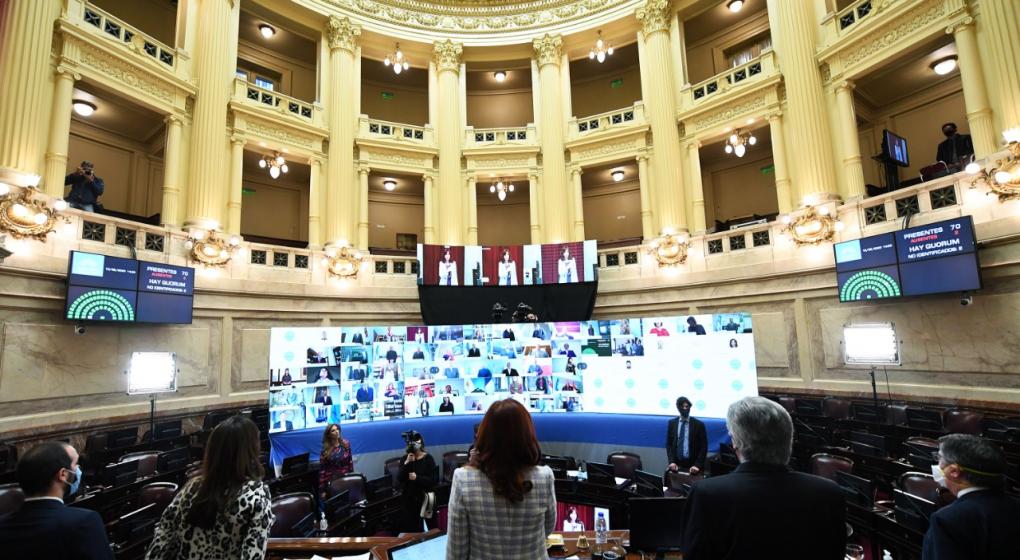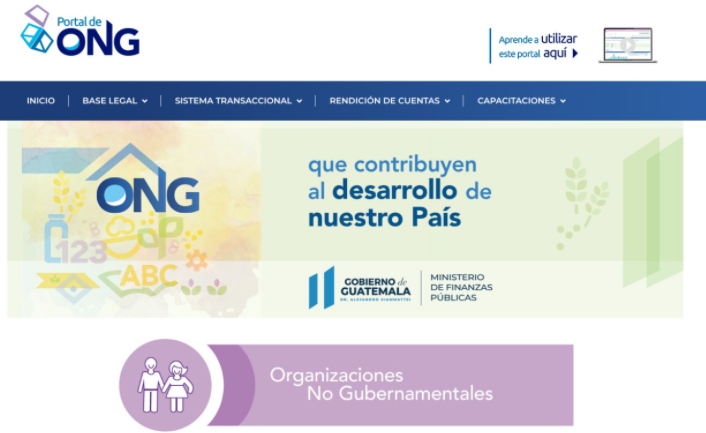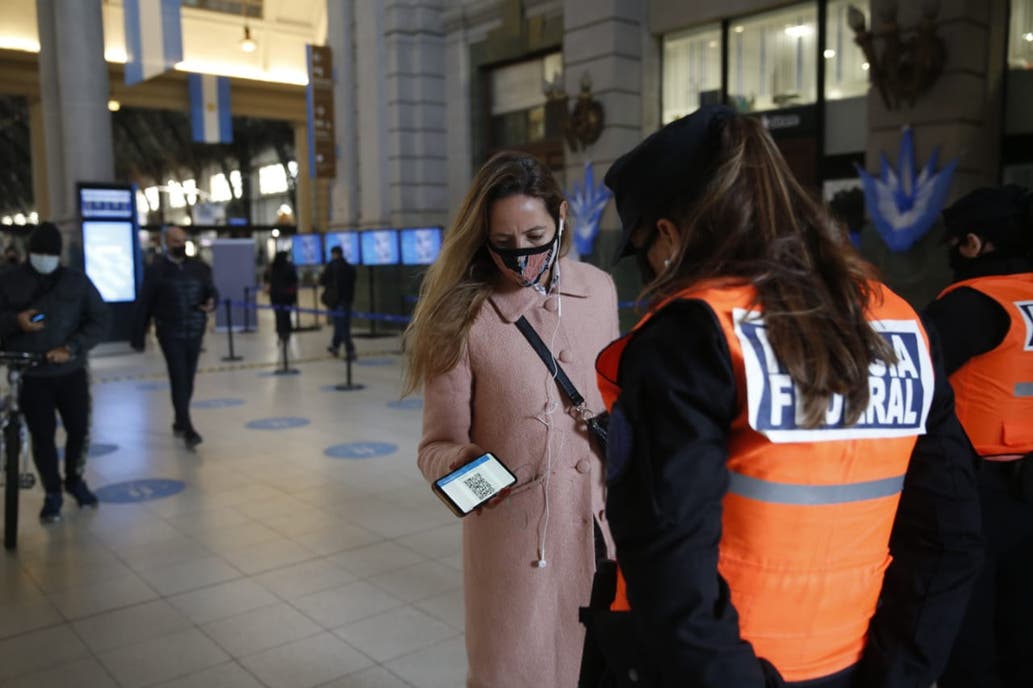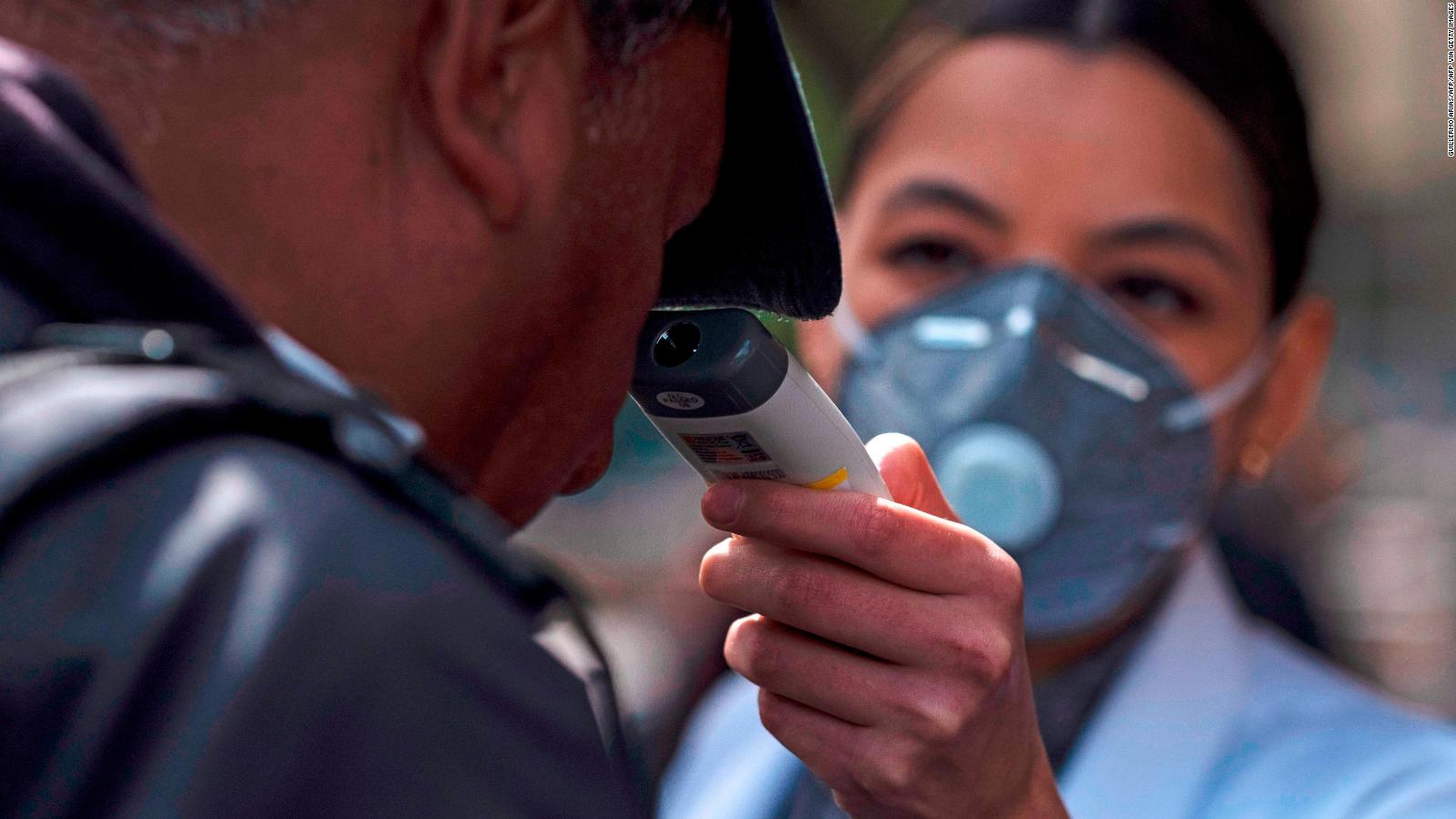
A tool designed by Directorio Legislativo to monitor
regulations with the potential to impact civic space
in Latin America and the Caribbean.
Fundación Directorio Legislativo | August 2020
About Civic Space Guardian (CSG)
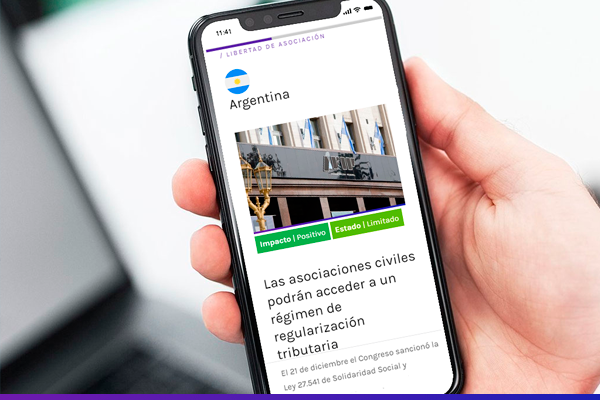
Civic Space Guardian (CSG) is a tool designed by Directorio Legislativo to monitor regulations with the potential to impact civic space in Latin America and the Caribbean.
These are regulations affecting freedom of expression, freedom of association, freedom of peaceful assembly, citizen participation and access to public information. To provide a broader overview, we also include the rating assigned by Civicus according to the state of civic space in each country.
Opposition and journalists warn that judicial reform bill threatens freedom of expression

Argentina
Impact | Negative
Probability | Medium
Rating CIVICUS | Narrowed
On Thursday, August 20, the Senate Justice and Constitutional Affairs Committees ruled in favor of the government’s federal justice system reform bill that imposes new rules on magistrates in order to avoid interference or favoritism. During the legislative discussion, the ruling bloc Frente de Todos incorporated a clause that obliges judges to denounce to the Magistracy Council any pressure or attempt to exert influence by “media power”. This modification was met with strong rejection from journalists’ organizations and by members of the opposition, who described it as a “direct attack” on freedom of expression.
Bill that forces legislators and officials to publish their declarations of interest is rejected

Paraguay
Impact | Negative
Probability | Medium
Civicus Rating | Obstructed
On August 5, the Chamber of Deputies rejected a draft bill promoted by the ruling party to force legislators and officials to publish their sworn declarations of interest with private sector companies on the Office of the Comptroller General’s website. As explained by the legislator Derlis Maidana, the text is ambiguous and does not clearly define what a conflict of interest is. The deputies thus concluded it necessary to correct inaccuracies and establish criminal sanctions for possible non-compliance. However, they did not introduce modifications for its improvement. Now the bill, which if not rejected would already be law, will have to be debated again by the Senate Legislation Committee. This is expected to happen between August and September. Civil society warned that to advance in a process of more transparency, it is also necessary to have a justice system committed to the fight against corruption.
The government presented a portal for fiscal transparency of CSOs

Guatemala
Impact | Positive
Civicus Rating | Obstructed
In July, the Guatemalan government launched the NGO Portal, a digital platform with fiscal information on transfers of public funds destined for social organizations. The initiative is part of the National Innovation Plan, allegedly intended to improve access to public information by citizens through digitization and monitoring. The portal is already enabled on the Ministry of Public Finance website, and has data on 270 social organizations that receive state funds for the development of their activities, funds granted and disbursed in the fiscal years 2016-2020. The user can also access information on the physical and financial progress that organizations make in compliance with their commitments. At the launch, President Alejandro Giammattei declared that “we all have the right to […] know exactly how the funds are used and the objectives for which they are assigned, and that there is no deviation in the meantime.” Aside from the professed intentions, some organizations have warned that access to public funds is not equitable.
Social organizations question the new public agency for international cooperation
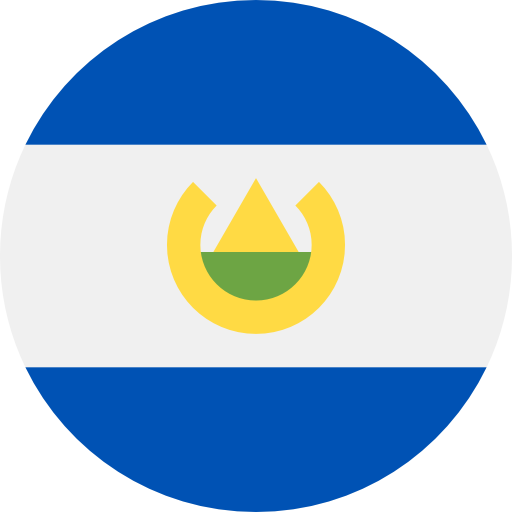
El Salvador
Impact | Negative
Civicus Rating | Obstructed
Organizations and representatives of Salvadoran civil society expressed their concern about the creation of a public agency for international cooperation that will centralize the channels and opportunities for access to funds under the direct control of the government. Regarding the measure, which was made official in June by means of a decree, the president affirmed that the body will guarantee the management of the funds is not influenced by ideological-political criteria. However, critical voices warn that precisely the opposite could occur, given the lack of clear guidelines on the articulation between sources and beneficiaries, the priorities in the allocations, and the role of social organizations. In particular, it raises concern that this platform could be used by the government to limit the access of social organizations to sources of international financing. They also observe that the strategy of unifying the channels of international cooperation under an agency directly linked to the incumbent president makes it incompatible with the principles of international aid outlined in the 2005 Paris Declaration.
Meetings in private homes are liable to imprisonment

Argentina
Impact | Negative
Civicus Rating | Narrowed
As the number of COVID-19 cases grows throughout the country, the government decided to prohibit via decree social and family gatherings in private homes for two weeks, with penalties for non-compliance ranging from 15 days to two years in prison. The decree generated criticism from representatives of the political opposition and civil society about its timeliness and proportionality, almost 5 months after the start of the mandatory social isolation measures. Its constitutionality was also questioned by different experts who claim that the decree violates the right to privacy and regulates criminal matters, which is expressly prohibited by the National Constitution even in circumstances of necessity and urgency. The decree assimilates the breach of the prohibition to the crime against public health, that is, the one committed by violating the measures ordered by the public authority for the prevention of an epidemic, with penalties of up to two years in prison. Although the decree must undergo legislative control, they also questioned why the measure was approved by executive means and not by the Legislative Branch.
Court annulled decree for imposing sanitary measures that suspend fundamental rights

El Salvador
Impact | Negative
Civicus Rating | Obstructed
The Supreme Court ruled again on the government measures that restrict the rights of citizens in the context of pandemic, arguing that any suspension or limitation of rights is a competence of the Legislative Assembly. It did so through the annulment of Decree 32 of July 29 that defined a phased plan for economic reopening and defined health protocols with restrictions on movement and the right of peaceful assembly. Via a concurring opinion, Judge Aldo Cámer Camillot presented hypothetical examples to show the difference between regulating, suspending or limiting a right. The highest court also declared that executive decrees of this nature are unconstitutional and, therefore, lack legal weight. Despite the decision, the rule in question will be in force until August 24, so that both government and Assembly have a period of time to discuss the administration of quarantine in the country. It is not the first time that the Court has called for an agreement between the two branches. Otherwise, it would legally entail the lifting of restrictions on movement. See previous news: CSG 8, CSG 7, CSG 6.
Intelligence agencies will no longer be able to participate in criminal investigations

Argentina
Impact | Positive
Civicus Rating | Narrowed
While a case is advancing for alleged illegal espionage maneuvers during the government of former President Mauricio Macri, the Senate endorsed a decree in March that modifies Law 25.520 on National Intelligence by prohibiting cooperation between intelligence agencies and the criminal justice system, the performance of repressive or police tasks. Nor will they be able to obtain information, produce intelligence or store personal data based on race, religion, political opinion, membership in organizations or the performance of lawful activities. Prior to its amendment, the law enabled intelligence agents to carry out police or investigative functions at the request of the judge in the context of a judicial case. The government asserts that this situation eventually led to undue links between intelligence agencies and some sectors of the justice system, while also compromising judicial independence. The ongoing court case on illegal intelligence gathering focuses on alleged espionage against some 500 people, including journalists, politicians, businessmen and members of civil society.

Voices of Civil Society
GUATEMALA
“At the beginning of this year an attempt was made to reform the NGO Law to create unconstitutional and illegal controls on all organizations. However, the portal is an important step to control those organizations that for many years have been created to benefit certain politicians and sectors of society. The portal seeks to ensure transparency regarding the organizations that receive and manage public funds, all of which are bound by the Law on Access to Public Information, though there are currently high levels of non-compliance. For this reason, we welcome this effort.”
Accion Ciudadana
08/19/2020

Information of Interest
Nicaragua
On July 19, rapporteurs for the Inter-American Commission on Human Rights (IACHR) requested that President Daniel Ortega provide explanations regarding the complaints of violations of the human rights of journalists and members of the independent press. The complaint refers to acts of intimidation, aggression and imprisonment of journalists and the withholding of newsprint that affects opposition media.
They also voiced concern about cases of human rights violations that remain unpunished since 2018 as a result of the Amnesty Law passed in 2019. Via a statement, the Independent Press Forum of Nicaragua urged the government to stop the attacks and threats by official agents against the press workers.

Documents by Directorio Legislativo
Venezuela in Focus Nº 27 August 2020: Updates and analysis of political and legislative developments in Venezuela.
Latin American Congresses Could Become Irrelevant – Unless They Adapt: by María Baron and Cristiano Ferri.
We strengthen democracies in Latin America
We are a non-partisan and independent organization that for 10 years has been promoting the constitution of autonomous, flexible, democratic and independent spaces, through dialogue with various actors in the public, private, academic and civil society sectors. The starting point of our work arises from the recognition and appreciation of the political and social plurality of Latin America.

Fundación Directorio Legislativo
Avenida Entre Ríos, 258 – 3E
Ciudad Autónoma de Buenos Aires, Argentina (C1079ABP)
Phone (+5411) 5218-4647

